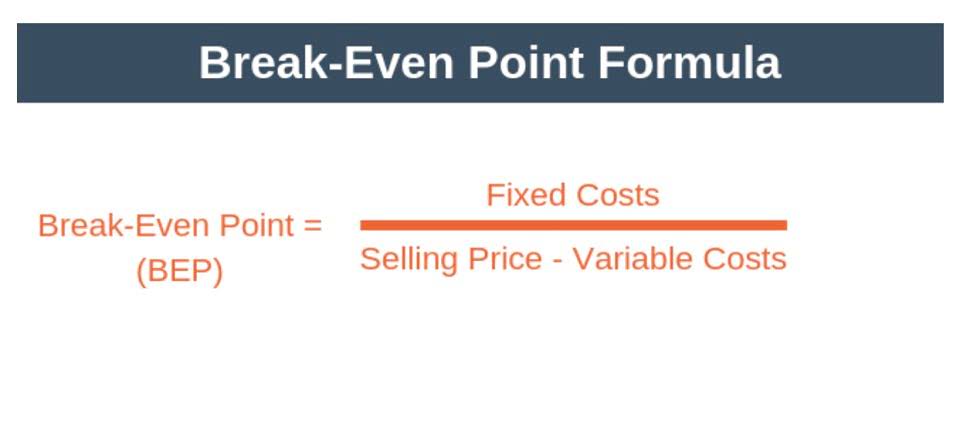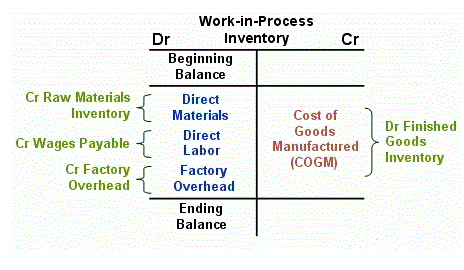
A consulting gig is typically temporary, designed to help your client with a specific problem or situation, such as determining which entity type is the best for their new venture. You would consult on that, offering an analysis from an accounting and tax perspective, based on the business, the client’s goals and objectives, and specific needs. Once the client has chosen an entity structure, your consulting job is done. That doesn’t mean that you won’t have additional consulting opportunities with that same client in the future; it just means that you handle them one at a time as they arise. Consulting is typically more strategic in nature, while reporting is more operational.
What skills do you need?
- Consultants provide the necessary specialized skills without the commitment of a permanent hire.
- Each type of entity has a different tax treatment, and they may differ in terms of benefits.
- Consulting revenue can be a lucrative source of income for businesses and individuals, but it also comes with its own set of advantages and disadvantages.
- Ask for references from previous clients to gain insight into the consultant’s work ethic and effectiveness.
- Accounting consultants engage in deep analysis to identify financial inefficiencies and operational bottlenecks.
- Also, keep in mind that some prospective clients may request a proposal prior to entering into any type of legal agreement.
- As a finance and accounting advisory firm since 1993, RoseRyan offers financial management and accounting solutions from highly experienced consulting professionals.
They consult a client on whether a different company is a strong technological asset, or will require intensive resources to get the new company up to standards. Post-merger technology consultants usually focus on strategic or http://pao.ssk.in.th/?p=3969 actual implementations of technology to either or both of the M&A companies. This involves not only an understanding of technology but the ability to explain the technology to executives in an understandable way. Optimization technology consultants analyze a company’s technology and look for areas of improvement.
Costs of Accounting Consultation

Ensuring compliance and providing regulatory guidance is an aspect of an what is consulting in accounting accounting consultant’s role. They help businesses adhere to financial regulations, such as Generally Accepted Accounting Principles (GAAP) or specific tax codes. Consultants assist in preparing for audits and navigating complex regulatory landscapes, which helps avoid penalties and maintain financial integrity. Learn how specialized financial guidance transforms operations and drives strategic growth for businesses.

Prop. regs. would modify reporting obligations for Form 8308, Part IV
They must record cost information to be used in controlling expenditures as well as recommend cost efficiencies in new product layouts. Senior cost accountants must also provide reports that specify and compare factors affecting prices and profitability of products or services to the management. A revenue account is considered a temporary account, meaning its balance is closed out at the end of each accounting period to retained earnings, a component of equity on the balance sheet. This classification is important because it directly measures the top-line performance of a consulting firm and signifies the economic benefit derived from delivering consulting services to clients. On the other hand, under cash accounting, consulting revenue is only recorded as a debit once payment has been received.

When to Engage a Consulting Accountant
By leveraging this resourceful technique effectively; organizations can gain significant advantages over competitors while developing new capabilities required for success in today’s fast-paced marketplace. recording transactions Hi I’m an accounting & finance graduate and I’m torn between these career choices. While consulting fees may seem high, the long-term savings and financial clarity provided by an experienced accountant often make the investment worthwhile.
- The advantage to working for a firm, though, is that you won’t need to find clients or market yourself.
- They conduct extensive research and consider the client’s goals, ideas, and current strategy.
- If you’re not sure whether or not a particular issue falls under the purview of a CFO, it’s always best to ask.
- It often deals with complex issues that require analysis and problem-solving.